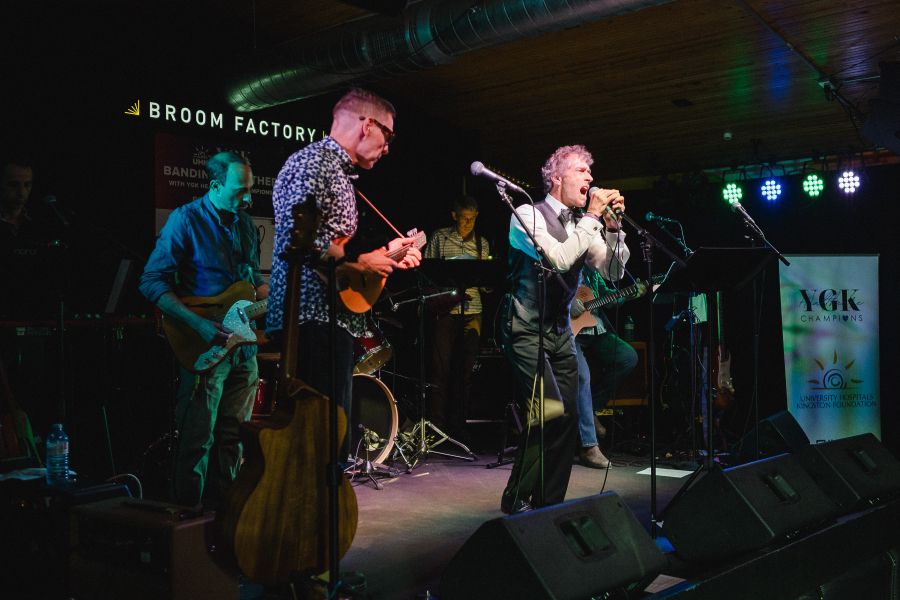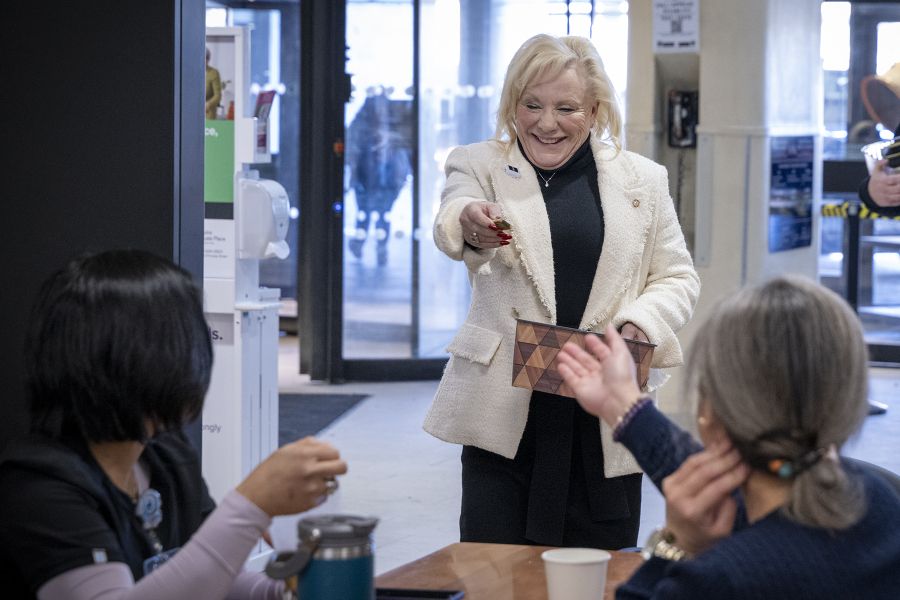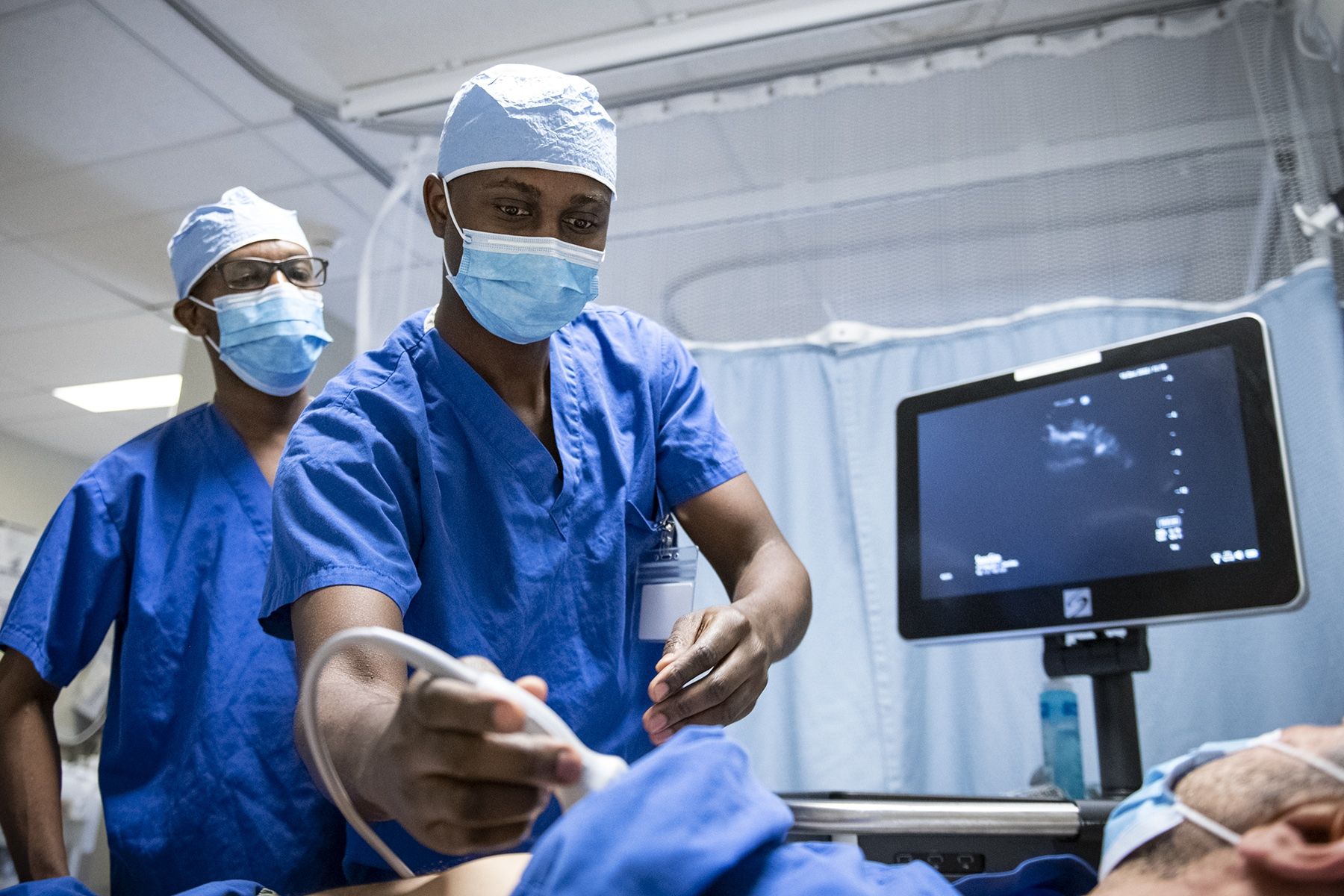
The calling to help others is a special bond that connects and motivates many people who work in healthcare. For two Kingston Health Sciences Centre (KHSC) physicians, this drive isn’t just limited to patients in southeastern Ontario but has extended to include support for patients around the globe.
Anesthesiologists Dr. Joel Parlow and Dr. Gregory Klar are leaders with the Canadian Anesthesiologists’ Society International Education Foundation (CASIEF), which aims to create training programs for anesthesia care in low income countries. Through this foundation, KHSC physicians are working to ensure better access to safe and timely surgical procedures in countries such as Rwanda.
“There is a critical shortage of anesthesiologists in many countries around the world,” says Dr. Parlow, “Billions of people are unable to have safe surgery when they need it because of this global lack of access to anesthesia care.”
KHSC opens its doors to Rwandan physicians
Rwanda is a small but densely populated country in central Africa. After a devastating genocide in 1994, only one anesthesiologist remained to serve the whole country. Over the years the population has regenerated, and the number of anesthesiologists has grown to around 40.
Dr. Jean Damascene Nyandwi and Dr. Thierry Rwibutso of Kigali, Rwanda were recently sponsored by CASIEF, with a grant from the Royal College of Physicians and Surgeons of Canada, to undertake a fellowship in knowledge translation – in other words, the ability to put research into practice. As part of this program, they spent eight weeks at KHSC learning about the way we practice anesthesia and pain management with the goal of improving the delivery of anesthesia in their home country.
While the hospitals in Kigali do have surgical capacity, some specialty procedures can’t always be offered by the local staff. Cardiac surgery, for example, is provided by international surgical teams who fly in for weeks or months at a time.
For that reason, Dr. Rwibutso specifically focused his learning at KHSC on ways to support the expansion of a cardiac surgery program at the King Faisal Hospital, and ensure it could be staffed by locals.
“In the whole country we only have one cardiothoracic surgeon, and there is a high volume of patients in need,” explains Dr. Rwibutso. “I want to improve our own capacity for cardiac surgery and assist in developing a sustainable surgery program. Right now, our patients are waiting for those outside teams. It will be much better to have a local team help them in a timely way.”
For Dr. Nyandwi, improving access to anesthesia means developing a designated space to perform nerve blocks- injections that block pain from different areas of the nervous system- at his home hospital, the University Teaching Hospital of Kigali.
“Right now, I’m using an ultrasound to do nerve blocks,” explains Dr. Nyandwi, “But I’m getting approval to create a designated block room which will increase efficiency, so that I can expand on what we can offer to our patients. We will model what we learnt at KHSC”
Global partnership has only just begun
These teaching partnerships are not however just a one-way street for physicians to train here in Kingston. Dr. Parlow and other members of the Department of Anesthesiology often travel abroad to support safe surgical care worldwide, including missions to Rwanda, Ethiopia and Central America.
Along with Dr. Ana Johnson- a professor of public health sciences at Queen’s University- the team will alternate trips back to Rwanda for several weeks this year to assist Drs. Nyandwi and Rwibutso in putting their projects into practice.
A number of KHSC anesthesiologists assisted the Rwandan physicians during their stay. According to Dr. Parlow, exchanges like these are important for healthcare workers and physician trainees here who have often only ever worked in Canadian facilities.
“There is a lot of satisfaction to making positive change in the world, especially in an area that doesn’t have the resources we have,” he says. “When foreign physicians come here and meet KHSC staff and trainees, it gets our people interested in helping people around the world in the future.”
A sentiment echoed by Dr. Klar.
“I think once Canadian health-care providers see the impact they can make in under-serviced areas, it ignites a real passion to help not only patients here at KHSC, but to use our knowledge and expertise to improve the lives of people around the world.”
Gallery
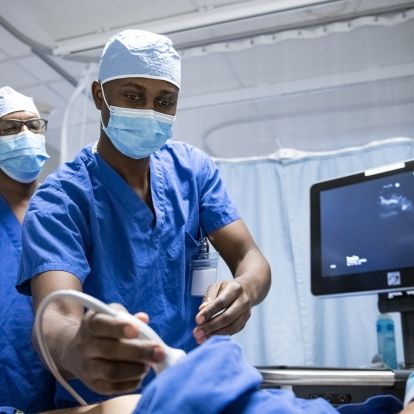
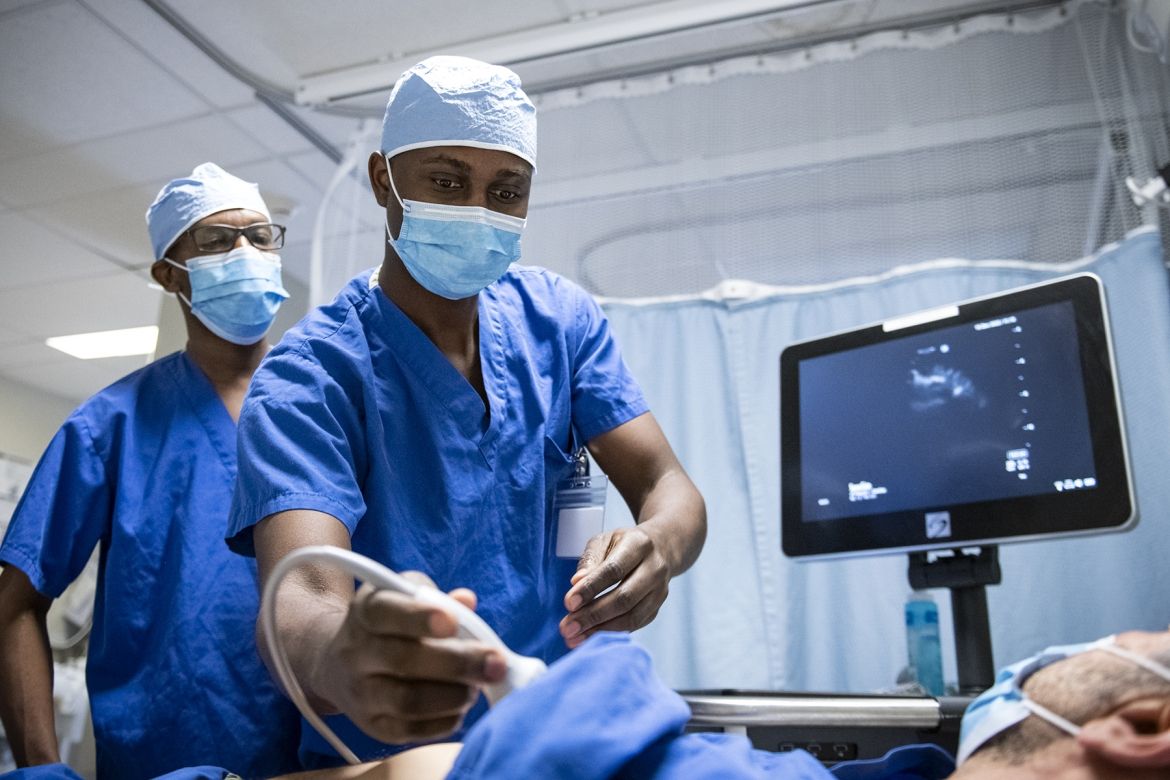
Dr. Nyandwi and Dr. Rwibutso spent eight weeks at KHSC before heading home to Rwanda to improve anesthesia care.

